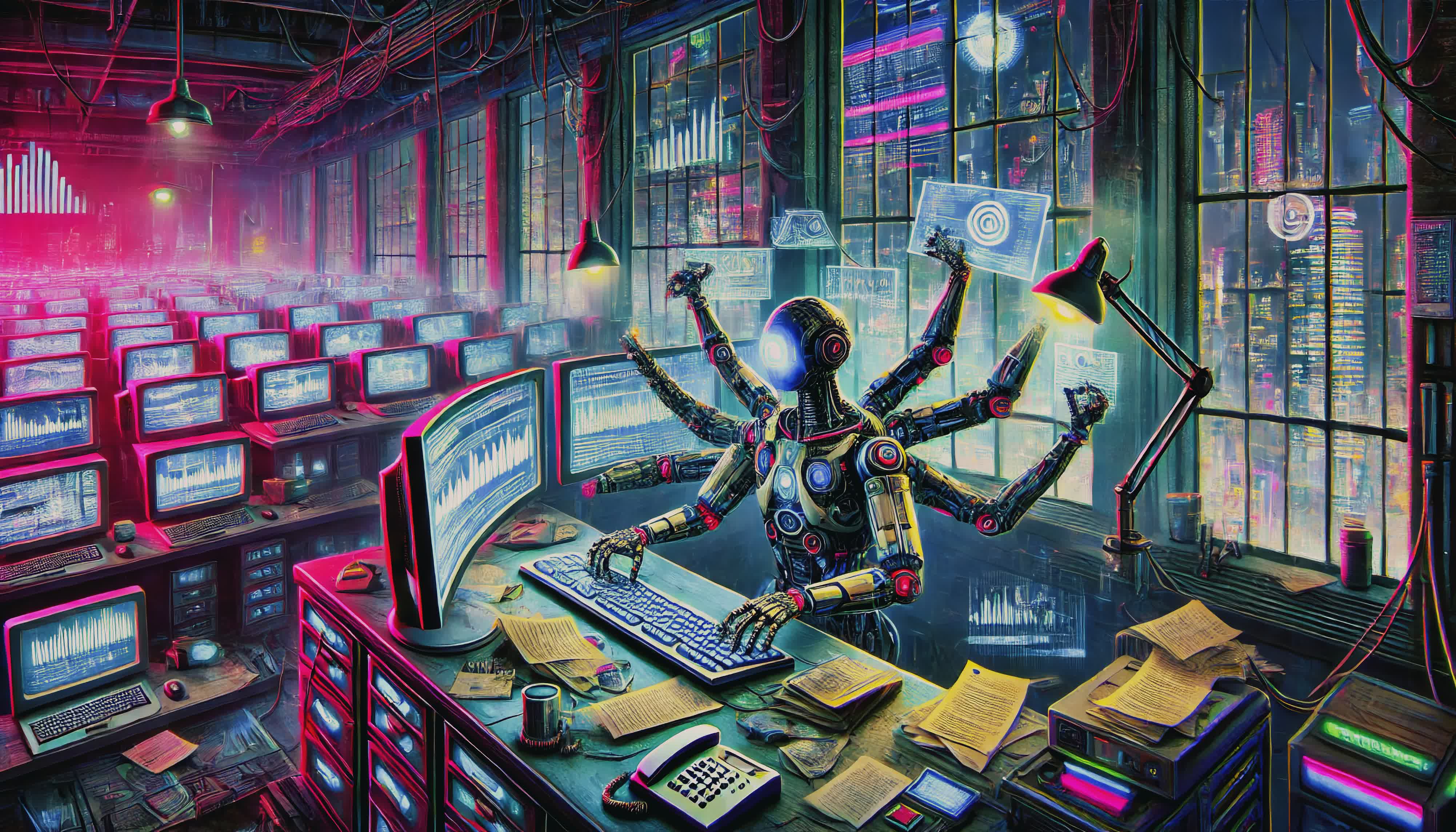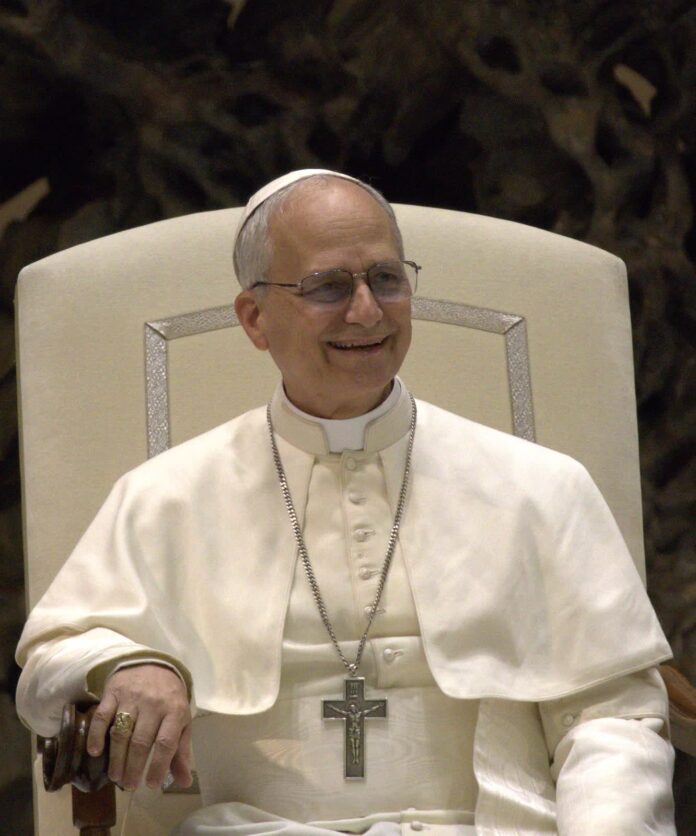The large image: Two days after his election, Pope Leo XIV addressed a gathering of cardinals in Rome and made it clear that synthetic intelligence can be on the heart of his papacy. The brand new pontiff, who hails from Chicago and holds a arithmetic diploma, invoked the legacy of his namesake, Leo XIII, who had defended employees’ rights through the upheaval of the commercial revolution.
“Right this moment, the church gives its trove of social instructing to answer one other industrial revolution and to improvements within the discipline of synthetic intelligence that pose challenges to human dignity, justice and labor,” Leo XIV informed the Faculty of Cardinals, who responded with a standing ovation.
Pope Leo XIV’s warning comes after years of dialogue between the Vatican and Silicon Valley. Over the previous decade, executives from corporations similar to Google, Microsoft, Cisco, and others have traveled to Rome to debate the moral and societal implications of synthetic intelligence with church leaders. These conferences have typically been held behind closed doorways, with either side in search of to affect the worldwide dialog round know-how and its influence on humanity.
Regardless of ongoing discussions, a big divide stays between the Vatican and the tech business. The Catholic Church has advocated for a binding worldwide treaty on AI, a place that some know-how corporations have resisted in favor of voluntary moral pointers.
The European Union has begun implementing legally binding rules, whereas some within the US authorities have pushed again towards such measures. In the meantime, sure tech executives have rejected even broad moral frameworks, preferring to keep away from formal oversight altogether.

Pope Leo XIV’s issues echo these of his predecessor, Pope Francis, who grew to become more and more cautious of synthetic intelligence as he discovered extra about its capabilities and potential risks.
Francis met with tech leaders and warned of a “technological dictatorship,” urging governments to create binding worldwide guidelines to control AI. In a message to G-7 leaders, Francis described AI as “fascinating and terrifying,” and cautioned that humanity might face a future with out hope if “selections by machines” changed human decision-making.
The Vatican has additionally highlighted the dangers of AI concentrating energy and wealth within the arms of some corporations, the potential for autonomous weapons, and the specter of youngsters rising up in a world formed by dehumanized digital interactions. In a latest doc, the Vatican warned that even when AI has optimistic makes use of, unchecked improvement might come on the expense of the various.
Cardinal Giuseppe Versaldi, a longtime affiliate of Pope Leo XIV, underscored the urgency of the difficulty. “Leo XIV desires the worlds of science and politics to right away deal with this downside with out permitting scientific progress to advance with vanity, harming those that need to undergo its energy,” Versaldi informed the Wall Avenue Journal.
He added, “These instruments should not be demonized, however they must be regulated. The query is, who will regulate them? It is not credible for them to be regulated by their makers. There must be a superior authority.”
Because the Vatican hosts a serious convention on AI, ethics, and company governance, tech executives and church officers alike are watching carefully to see how Pope Leo XIV will use his affect. The pontiff is predicted to ship a written message to convention members, however has not but met with tech CEOs so early in his reign. Upcoming conferences with leaders from Microsoft and Google might present additional perception into whether or not the brand new pope will provide steering or a problem to the businesses shaping the way forward for AI.

